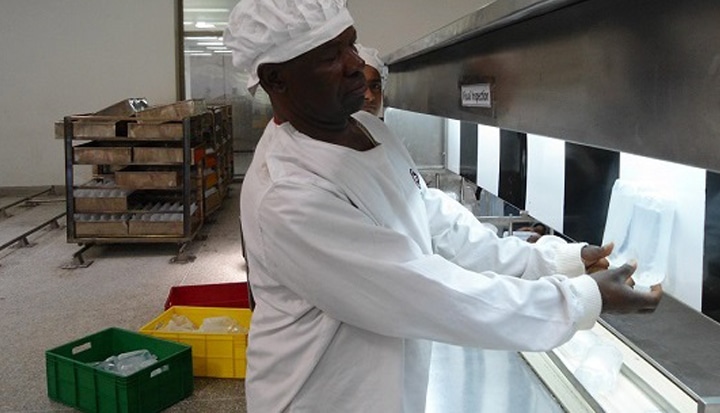By CDC
In 2010, CDC committed €12m to the AfricInvest Fund II, which in turn made a €6.8m investment in Kiboko Holdings Limited, a manufacturer and distributor of pharmaceuticals.
The benefits of a thriving local pharmaceutical manufacturing sector are manifest – skilled employment, potential for lower-priced products, technology and knowledge transfer. Domestic production in Uganda, however, is limited to just 11 manufacturers.
 The pharmaceutical market in Uganda is worth around €150m, but it is estimated that between 80% and 90% of the products are imported from countries such as India and China. The market is essentially generic, with price being the major determinant factor for purchase and use.
The pharmaceutical market in Uganda is worth around €150m, but it is estimated that between 80% and 90% of the products are imported from countries such as India and China. The market is essentially generic, with price being the major determinant factor for purchase and use.
In spite of high demand for products, there are several
difficulties involved in setting up a local pharma manufacturer. The key challenges are the high cost of operations, high cost of energy and competition, particularly on price from imported products. Access to capital is also a problem with few credit lines and even less risk capital available.
Following the funding from CDC and AfricInvest, Kiboko has established Abacus Parenteral Drugs Ltd, a new manufacturer of life-saving intravenous (IV) fluids and vials of sterile water for injections and eye drops. This has involved the construction of a 36 acre plant outside Kampala – the first facility of its kind in Uganda – with the capacity to produce 65m units of parenteral drugs per year. The plant will produce IV fluids and sterile water for Uganda, Burundi, Rwanda, Eastern DRC, South Sudan, Kenya and Tanzania.
Being the first and only IV fluid manufacturing company in Uganda, Abacus provides competitively priced local products that compare favourably to imports. This has enabled low-income customers to have access to affordable pharmaceutical products.
OPERATIONAL EFFICIENCY
In accordance with CDC’s best practice environmental processes, Abacus has applied innovative solutions to manage costs and improve efficiency. For example, to reduce high fuel costs and mitigate the frequent power shortages, the company will install a biomass boiler at a cost of €400,000 that will burn abundantly available coffee husks for fuel.
Furthermore, to alleviate a shortage of plastic granules used in packaging, Abacus installed a granules recycling plant in the second quarter of 2011. Not only does the recycling plant make use of scrap materials, but it also reduces costs.
STAFF AND COMMUNITY BENEFITS
Abacus provides educational benefits for its staff to ensure their children can attend school and offers university scholarships to students from poor backgrounds to study for a Bachelor of Pharmacy at a local university.
Each year the company sponsors five students who are taken through their entire university education. In return the students enter into an agreement to work in rural areas for a period after completion of their four year course to facilitate provision of rural health services.
INVESTMENT DATA
|
Fund name |
AfricInvest Fund II |
|
CDC commitment |
€12m |
|
Date of commitment |
2010 |
|
Number of employees |
688 |










